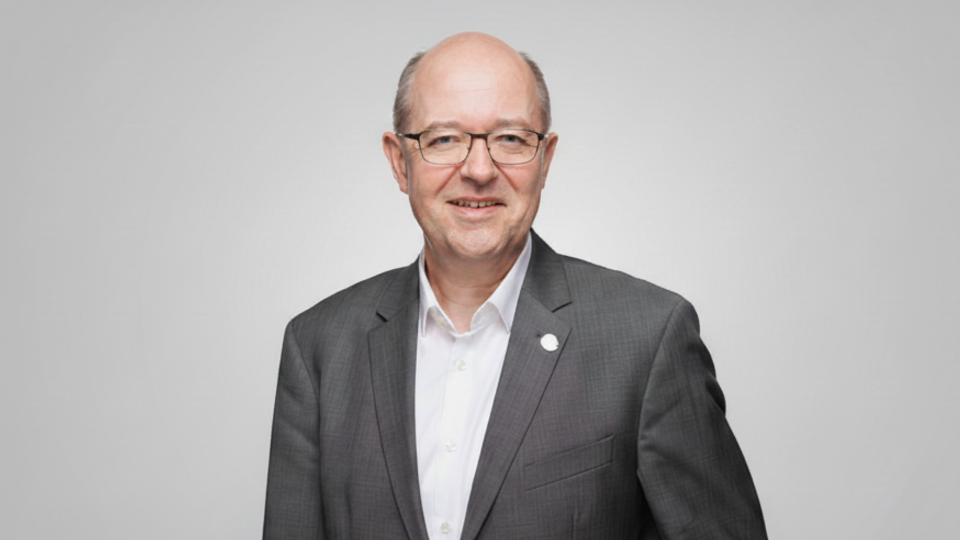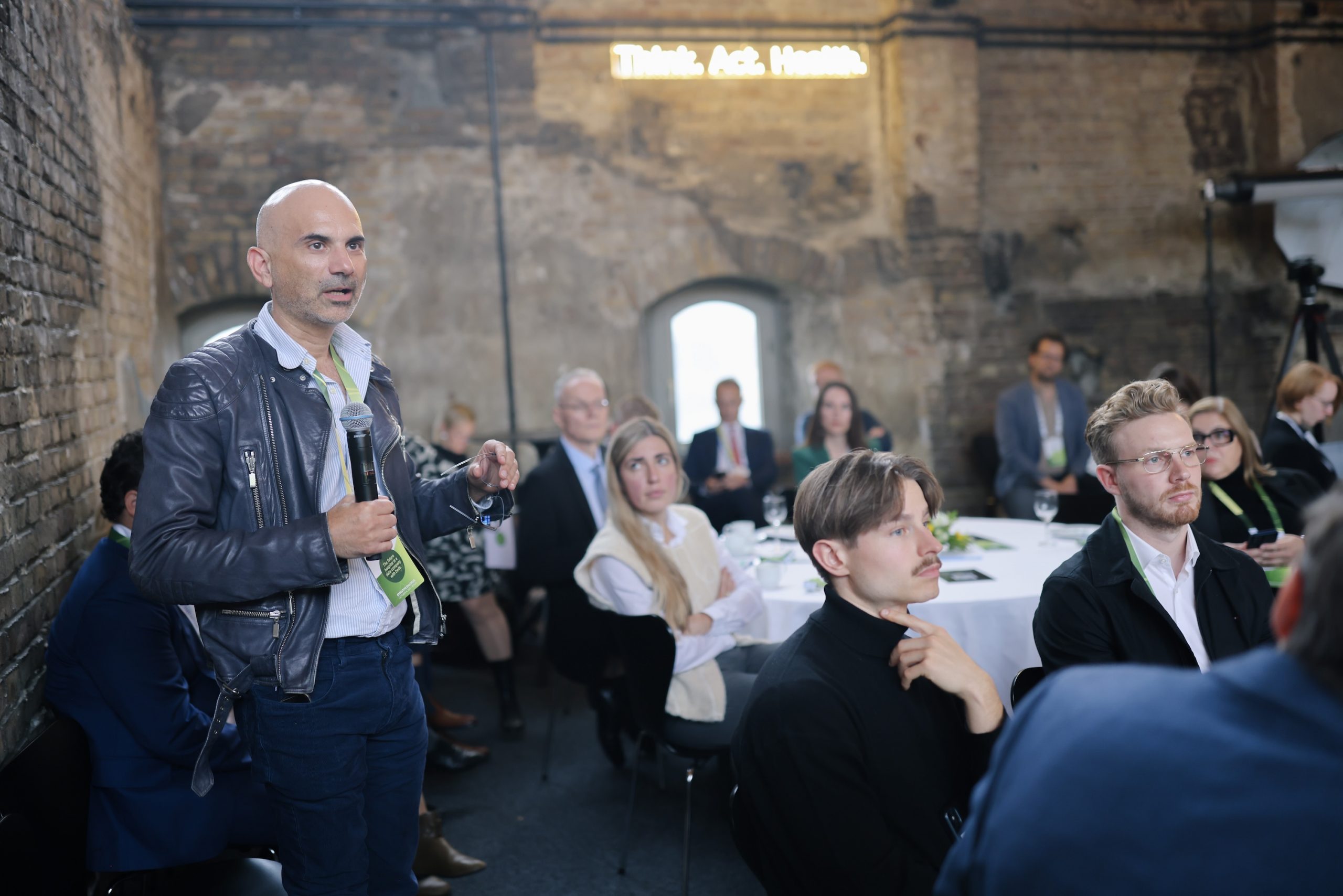
“Smart hospitals run on data, not devices”
- lealedwon
- September 19, 2025
- DATA2VALUE INITIATIVE
- expertview
- 0 Comments
For Dr. Peter Gocke, Head of Digital Transformation at Charité – Universitätsmedizin Berlin, the world’s eighth-smartest hospital, the future of healthcare is about structured information. Patients and healthcare professionals will feel the benefits of a digital transformation not when paper disappears, but when data flows seamlessly.
Keyboard-free instead of paperless hospital
Patients in a smart hospital notice the difference immediately: fewer waiting times, no repetitive forms, and smoother care transitions. “When information flows digitally and comprehensively, the whole environment feels different, almost as if there are fewer patients,” says Gocke. For staff, the change is equally clear: less time chasing information, more time focusing on care.
But Gocke warns against equating digitization with intelligence. “Digital doesn’t automatically mean smart. If patients are sent from one place to another to enter data, that’s inefficiency disguised as digital progress. A smart hospital aligns processes with technology – always with the patient in mind.”

Artur Olesch talks to…
The internationally recognized journalist and editor, specializing in healthcare digitalization, talks on behalf of Lemonmint to Those Who Make.
Structured data is the real game-changer
At Charité, structured data lies at the heart of transformation. Admissions are streamlined, lab and radiology orders are processed electronically, and electronic medication charts ensure patient safety. These efficiencies save time and lives. “Even if we had the same quantum computer as the Cleveland Clinic, it wouldn’t deliver results here, because our data isn’t structured enough,” Gocke notes.
“It’s like giving me Max Verstappen’s Formula 1 car – but I’d be driving on regular roads.”
This is why Charité is investing in data quality and interoperability. The hospital is currently running 70–80 AI projects, from acute kidney injury prediction to radiology support. Yet Gocke remains cautious: “We don’t want physicians uploading patient records into public GPT systems. We’re building GDPR-compliant, secure frameworks before rolling out at scale.”
What’s at stake
Hospitals that fail to get data right risk falling behind in care quality, efficiency, and safety. Harnessing structured data and smart processes opens up transformative opportunities for hospitals:
- Proactive care: spotting health risks earlier and intervening before they escalate.
- Faster decisions: clinicians get real-time, reliable information at the point of care.
- Shorter waiting times: streamlined workflows mean patients move through the system smoothly.
- Safer treatments: electronic checks and structured records reduce errors.
- Empowered patients: individuals gain access to their health data and can actively manage their care.
- System-wide efficiency: hospitals save resources while delivering higher-quality outcomes.
The goal is a keyboard-free hospital, not a paperless one
Looking ahead, Gocke sees a shift from today’s digital workflows to more natural, voice-driven interactions. “The original dream was a paperless hospital. Now the goal is a keyboard-less one,” he says. Imagine patients asking their electronic health record (EHR), “Is there anything I should know?” and receiving proactive, data-driven health advice. For Gocke, that’s the essence of preventive, intelligent care.
But success depends on connecting clinical records with lifestyle and wearable data. “Health isn’t created in hospitals – it’s preserved in people’s lives. Even shopping data or step counts can reveal early warning signs. Structured correctly, this data enables early interventions.”
Hospitals as always-on services
By 2030, Gocke envisions Charité as more than a hospital – a digital health service accessible anywhere. “You’d have a Charité account through which you access care wherever you are. As long as I have my phone, I can receive healthcare. That account could become the most valuable healthcare account globally.”
The takeaway is clear: smart hospitals are not about machines but about meaningfully connected data. Or as Gocke puts it: “Even the best data is useless if it’s locked away.”
Peter Gocke is Head of the Administrative Office for Digital Transformation at Charité – Universitätsmedizin Berlin. You can meet him at the Data2Value Executive Dialogue on October 14, in Berlin.




